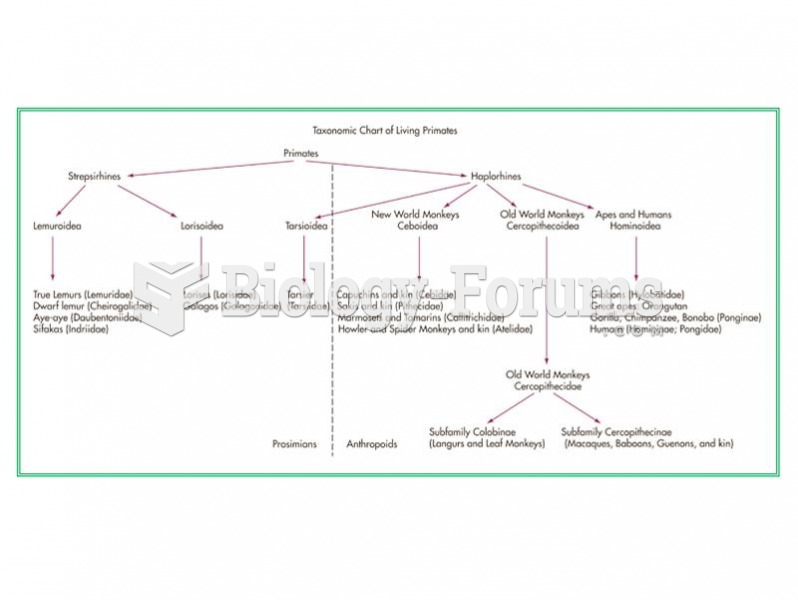This topic contains a solution. Click here to go to the answer
|
|
|
Did you know?
Atropine was named after the Greek goddess Atropos, the oldest and ugliest of the three sisters known as the Fates, who controlled the destiny of men.
Did you know?
Thyroid conditions may make getting pregnant impossible.
Did you know?
The first monoclonal antibodies were made exclusively from mouse cells. Some are now fully human, which means they are likely to be safer and may be more effective than older monoclonal antibodies.
Did you know?
Prostaglandins were first isolated from human semen in Sweden in the 1930s. They were so named because the researcher thought that they came from the prostate gland. In fact, prostaglandins exist and are synthesized in almost every cell of the body.
Did you know?
Green tea is able to stop the scent of garlic or onion from causing bad breath.
 Lestidae is a rather small family of cosmopolitan, large-sized, slender damselflies. They are of the
Lestidae is a rather small family of cosmopolitan, large-sized, slender damselflies. They are of the
 Nephroblastoma. A sectioned kidney reveals the presence of a very large tumor, which arose from feta
Nephroblastoma. A sectioned kidney reveals the presence of a very large tumor, which arose from feta





